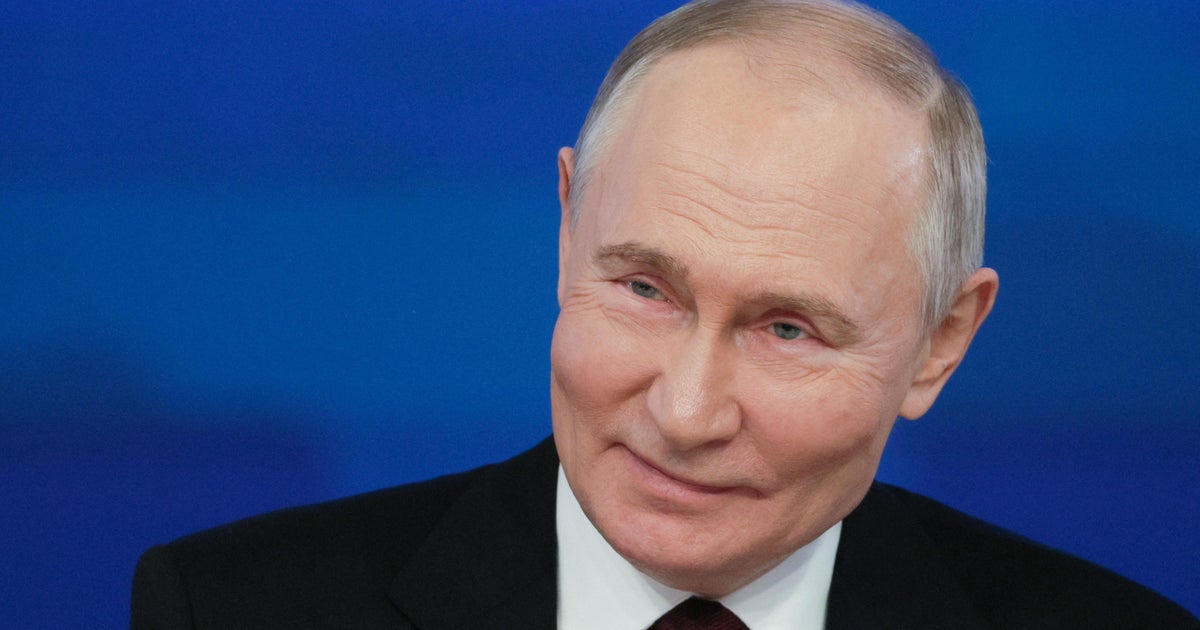Trey Gowdy, head of House Oversight Committee, says Comey testimony should be taped, made public
Rep. Trey Gowdy, R-South Carolina and the head of the House Oversight and Government Reform Committee, said Sunday he believes former FBI Director James Comey's planned testimony to Congress should be videotaped and made public. Appearing on "Face the Nation," Gowdy said he does not agree with Comey's insistence that he should testify in a public hearing.
Comey, along with former Attorney General Loretta Lynch, were subpoenaed late Wednesday by House Judiciary Committee Chairman Bob Goodlatte, who demanded that they testify in a deposition, not in a hearing, in early December. In a Thanksgiving morning tweet, Comey said he will "resist" a closed-door questioning session but is "happy to sit in the light and answer all questions."
Gowdy, on "Face the Nation," said he agrees with the view expressed by Comey's lawyer that closed-session interviews to Congress are often selectively leaked for political purposes. But "the remedy for leaks is not to have a public hearing where you are supposed to ask about 17 months' worth of work in five minutes," Gowdy said. "I think the remedy is to videotape the deposition. Videotape the transcribed interview. That way the public can see whether the question was fair. They could judge the entirety of the answer."
"There is no fact finder on the planet that tries to discover the truth in five minute increments," Gowdy said about public congressional hearings. "I am sensitive to leaks. I hate leaks. I think they undercut the authenticity of the investigation. But the remedy is not to have a professional wrestling-type carnival atmosphere which is what congressional public hearings have become."
Gowdy, who is leaving Congress, gained national attention and conservative praise for leading a House committee on the 2012 terror attack on a U.S. compound in Benghazi, Libya, with its long public hearing that featured testimony by Hillary Clinton.
House Republicans are currently probing the FBI's actions leading up to the 2016 presidential election. The Comey and Lynch subpoenas follow a New York Times report that President Trump wanted to order the Justice Department to prosecute Comey and Clinton.
On "Face the Nation," Gowdy said he would make a "formal offer" to Comey to have a video of his private testimony released if he were chairman of the House Judiciary Committee. He dismissed Comey's call for a public hearing. "The FBI has never conducted an interview in public, never," he said.
Separately, Gowdy said that Congress needs to act quickly on the personal email use of Ivanka Trump, Mr. Trump's daughter and a senior White House adviser. Republicans and Democrats on Capitol Hill will be scrutinizing her email use in the White House in light of new revelations that she sent hundreds of messages about government business from that account last year.
Gowdy and his counterpart in the Senate, Homeland Security and Governmental Affairs Committee Chairman Ron Johnson, last week sent letters to the White House asking for an accounting of the official emails exchanged on Ivanka Trump's personal account and to certify that the emails had been preserved in accordance with federal law.
"We need the information and we need it quickly, and then the public can judge," Gowdy said.
Gowdy, a former federal prosecutor, also said he disagreed with Supreme Court Chief Justice John Roberts that justices do not have political ties. Roberts last week pushed back against Mr. Trump's description of a judge who ruled against the president's new migrant asylum policy as an "Obama judge."
It was the first time that the leader of the federal judiciary has criticized the president, saying that the U.S. doesn't have "Obama judges or Trump judges, Bush judges or Clinton judges."
"I wish Chief Justice Roberts were right," Gowdy said. "I wish that we did not refer to judges based on which president put them in office as if that is somehow going to inextricably lead us to the conclusion, but ... it's been happening for 50 years that we have used political terms to describe judges."
"President Trump is not the first person to do it," Gowdy said.



